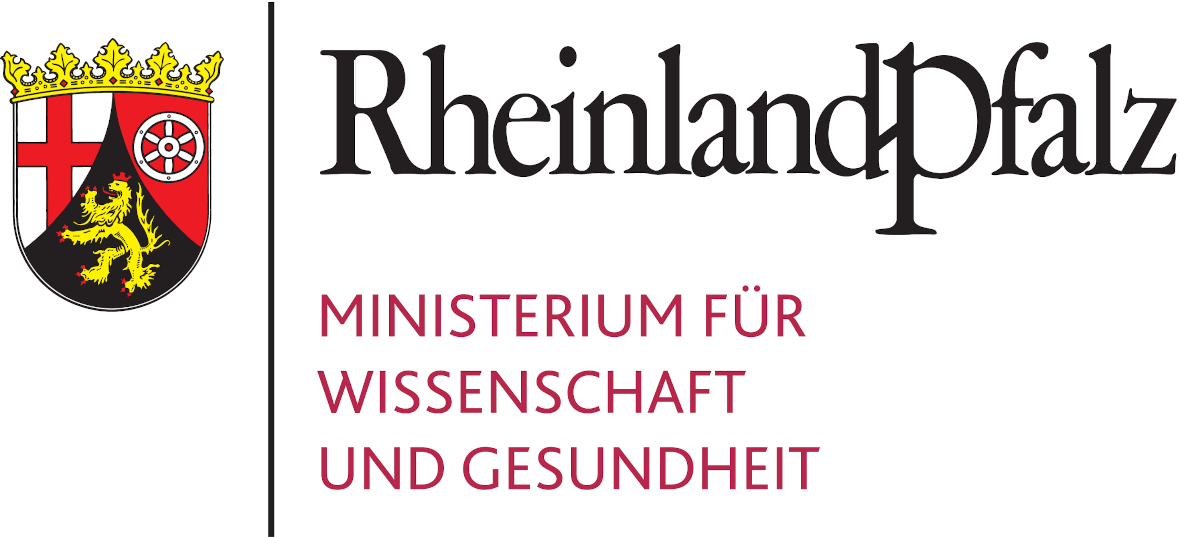In some cases, it is sufficient to know the location of certain committees or ventures to visualize the tight relationship between historiography and the state. Knowing that the Societé d’histoire diplomatique (1898) was located at the French foreign ministry enables questions to be asked about a none-too-innocent cohabitation.
The largest source-publishing body in the preunification Turin of 1830 was part of the court archives: through a narrow corridor the King had direct access to it from his private apartments. Apart from patronage, there was a direct relationship between the Savoy monarchy and its historians, most of whom were members of the court. The consequences were apparent in 1890 when the so-called ‘committee of the three barons’ ransacked the state archive and removed to the Royal Library any document that might have discredited the royal family and its role.
In most European monarchies (and there were only three republics in Europe before 1914: France, Switzerland and Portugal) the directors of the national archives were unswervingly loyal to their dynasties and strictly controlled access to sensitive state documents.
Loyalty to the rulers and physical presence at the centres of political power often went together, as evidenced by the cases of Ranke, professor of history at the University of Berlin and after 1841 ‘historiographer of Prussia’, or his colleagues Gustav von Schmoller and Heinrich von Treitschke, who publicly glorified the new German Empire and its dynasty.
In the capital of the Habsburg Empire, historical inquiry was undertaken less at the university than at the Habsburg court library, and in the Hausarchiv, which in the eighteenth century was reorganized, given the name of Geheimes Haus-, Hofund Staatsarchiv, and located in the Hofburg.
In various countries, individual historians personally linked the different worlds of erudition and political power together. François Guizot, Adolphe Thiers, Pasquale Villari or Treitschke built political careers as members of parliament or ministers, and so did prominent British historians like John Emerich Edward Dalberg, Lord Acton, who sat in the House of Lords.
Go back to Archives








